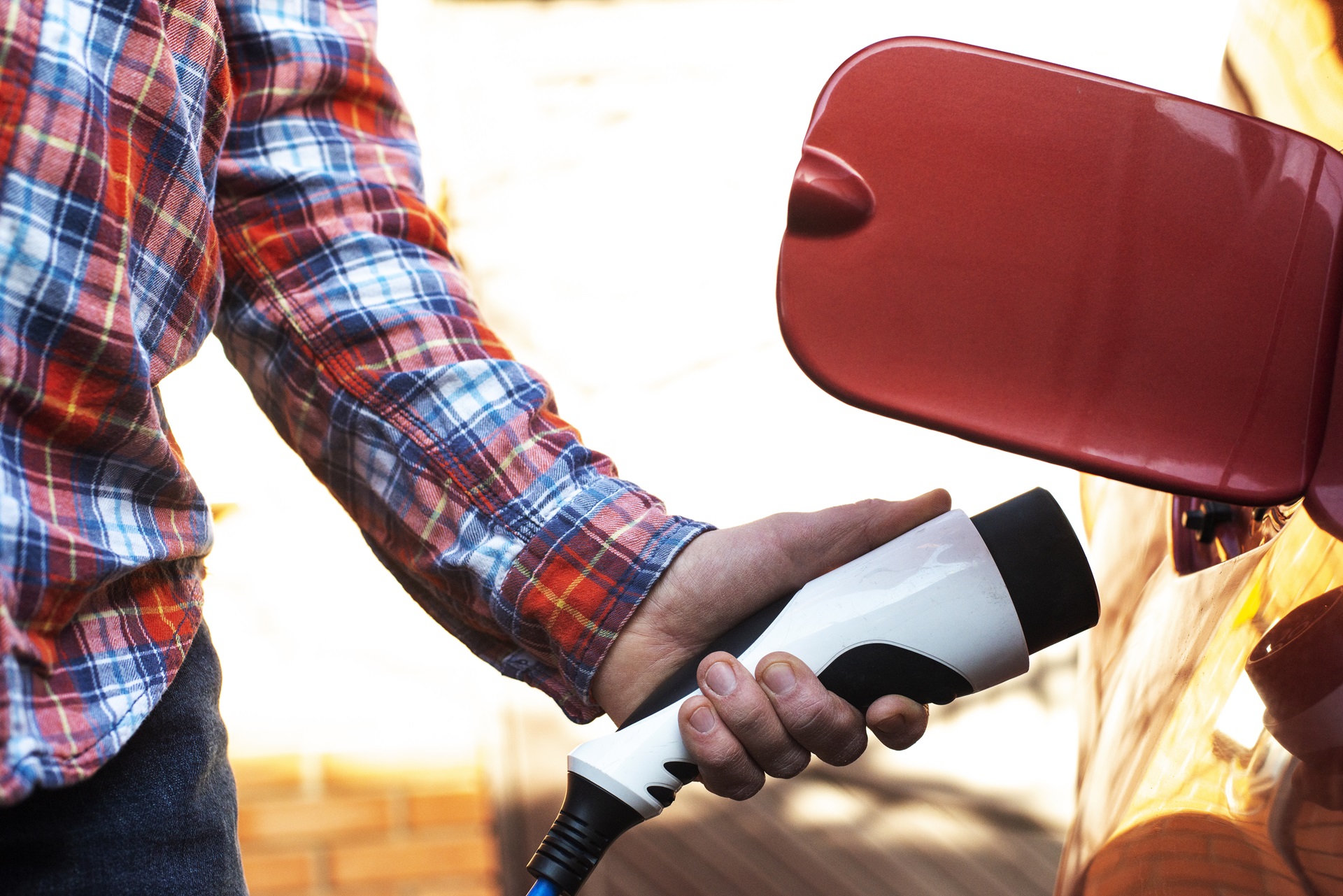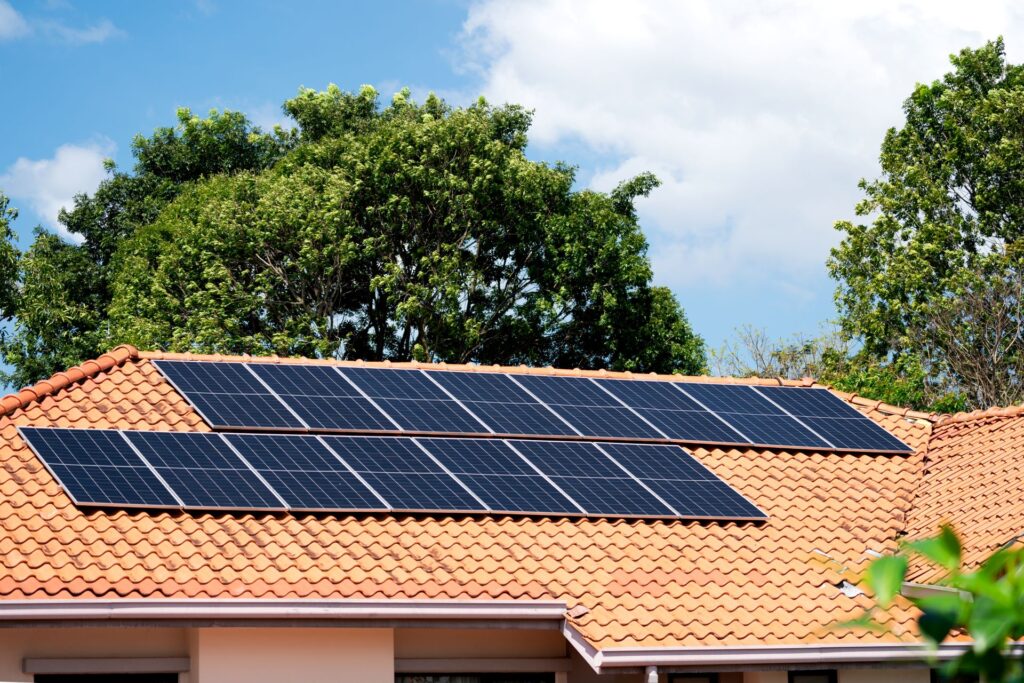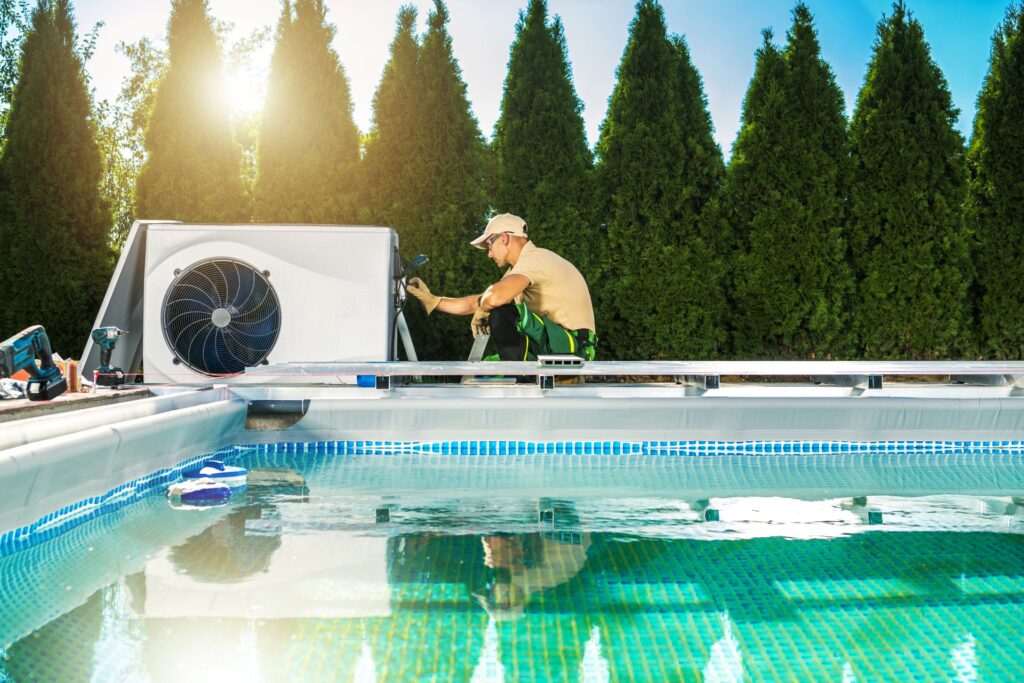As electric vehicles (EVs) become more popular, the need for reliable and efficient home charging solutions grows. Having an EV charger at home allows you to recharge your car conveniently and ensures you’re always ready for your next journey. Choosing the right EV charger for your lifestyle in Perth can seem overwhelming, but understanding your options helps simplify the process.
Different types of EV chargers are available, each with its unique features and benefits. Knowing the differences among these chargers is essential for making an informed decision. Additionally, assessing your home’s electrical capacity is crucial to ensure it can support the new charging system without issues.
Several factors need consideration when choosing an EV charger, such as charging speed, installation costs, and compatibility with your car. Making the best choice means not only looking at immediate needs but also anticipating future requirements as your electricity consumption evolves.
Opting for professional installation of your EV charger brings many benefits, including safety, efficiency, and peace of mind. Professionals can ensure that the installation adheres to all regulations and works seamlessly with your home’s electrical system. This approach helps in avoiding potential risks and maximises the performance of your EV charger.
Understanding Different Types of EV Chargers
There are three main types of EV chargers: Level 1, Level 2, and Level 3 (also known as DC Fast Chargers). Each type varies in charging speed, cost, and installation requirements. Understanding these differences is essential for selecting the right charger for your needs.
Level 1 Chargers
Level 1 chargers use a standard 240-volt household outlet. They are the most basic and generally include the charger that comes with your electric car. These chargers are slow, adding about 8 to 15 kilometres of range per hour. They are best suited for overnight charging or emergencies.
Level 2 Chargers
Level 2 chargers use a 240-volt outlet, similar to what you’d find for a clothes dryer. These chargers are faster, providing around 25 to 50 kilometres of range per hour. They require professional installation by an electrician and are ideal for daily home use. They are more expensive than Level 1 chargers but offer a good balance between cost and charging speed.
Level 3 Chargers
Level 3 chargers, or DC Fast Chargers, use direct current (DC) and can rapidly charge an EV in a short time. They are typically found in public charging stations rather than homes due to their high cost and complex installation requirements. These chargers can add up to 300 kilometres of range in just half an hour, making them ideal for long road trips or quick top-ups.
Choosing the right type of EV charger depends on your daily driving needs, budget, and home’s electrical infrastructure. Each type has its benefits and limitations, so it’s crucial to weigh these factors carefully.
Assessing Your Home’s Electrical Capacity for an EV Charger
Before installing an EV charger, you need to assess your home’s electrical capacity. This step ensures that your electrical system can support the additional load and operate safely. An electrical upgrade may be necessary, especially for Level 2 or Level 3 chargers.
First, check your home’s switchboard or electrical panel. Older switchboards might not have the capacity to handle the extra demand from a high-powered charger. A professional electrician can evaluate your switchboard and recommend whether an upgrade is required. Modern switchboards are better equipped to handle the increased load and ensure safety.
Next, consider the overall electrical load of your house. Calculate the total power usage, including all appliances and systems. Adding an EV charger increases the load, so ensure your home’s system can manage it without causing frequent circuit breaks or overheating. This step is crucial to prevent potential electrical hazards.
Finally, think about future electrical needs. As you invest in more electric appliances or maybe even another electric vehicle, your power requirements will grow. Planning for these future needs can save you from needing multiple upgrades. Consulting with an electrician can help you map out a comprehensive plan to accommodate current and future electrical loads.
Assessing your home’s electrical capacity ensures a smooth and safe installation process, paving the way for efficient EV charging.
Factors to Consider When Choosing an EV Charger
When selecting an EV charger for your home, several factors should be considered to ensure it meets your needs effectively. These considerations help you make an informed decision that aligns with both your current lifestyle and future plans.
Charging Speed
The charging speed of the EV charger is a critical factor. Level 1 chargers are slower and are more suitable for overnight charging. If you need faster charging, especially for daily use, a Level 2 charger provides a better option. Level 3 chargers offer rapid charging but are typically not used for home installations due to their complexity and cost.
Installation Requirements
Consider the requirements for installing the charger. Level 2 chargers often require a dedicated 240-volt circuit and professional installation. Assess whether your home’s electrical system can handle this or if it needs an upgrade. Professional installation ensures the charger is safe and operates efficiently.
Compatibility
Ensure the EV charger is compatible with your vehicle. Most modern EV chargers are universal, but it’s always good to double-check with the specifications of both the charger and your car. Compatibility ensures optimal performance and prevents possible issues.
Cost
The cost of the EV charger and its installation can vary significantly. Factor in the price of the charger, any necessary electrical upgrades, and professional installation fees. While higher initial costs may seem daunting, investment in a quality charger can lead to savings in the long run through efficient energy use and reduced maintenance.
Smart Features
Some EV chargers come with smart features like app control, scheduled charging, and remote monitoring. These features offer convenience and can help you manage your charging more effectively. Evaluate whether these additional features align with your needs and budget.
Benefits of Professional EV Charger Installation
Opting for professional EV charger installation can offer numerous advantages that ensure safety, reliability, and efficiency. Here are some key benefits of having your EV charger installed by a professional:
Safety
Professional electricians have the expertise to install your EV charger safely. They can ensure that the installation meets all relevant standards and regulations, reducing the risk of electrical faults. Proper installation prevents potential hazards like electrical fires and short circuits.
Efficiency
A professionally installed EV charger operates optimally, providing the best charging speeds and efficiency. Professionals can evaluate your home’s electrical system and make any necessary upgrades, ensuring the charger functions smoothly without overloading your circuits.
Warranty Protection
Many EV chargers come with warranties that are valid only if the installation is performed by a certified electrician. By choosing professional installation, you protect your investment and ensure that any potential issues can be addressed under warranty.
Expert Advice
Electricians can offer valuable advice on the best charger for your needs, considering factors like your car model, home electrical capacity, and budget. Their expertise helps you choose the right equipment and avoid future problems.
Hassle-Free
Professional installation saves you the hassle of dealing with complex electrical work. Electricians handle everything from evaluating your system’s capacity to installing the charger and testing it for functionality. This approach gives you peace of mind and confidence in the setup.
Conclusion
Choosing the right EV charger for your Perth lifestyle involves understanding the different types available, assessing your home’s electrical capacity, considering key factors in selecting the charger, and opting for professional installation. Each of these steps ensures that you can charge your electric vehicle efficiently, safely, and conveniently at home.
An EV charger is an essential addition to any electric vehicle owner’s home, contributing to a more sustainable and eco-friendly lifestyle. By following these guidelines, you can make an informed decision that best meets your needs and enhances your daily routine.
Ready to install an EV charger in Perth? Contact KLUEM Group today for expert advice and professional installation services that ensure your charging system operates safely and efficiently. Let’s make your EV charging experience seamless and reliable.




